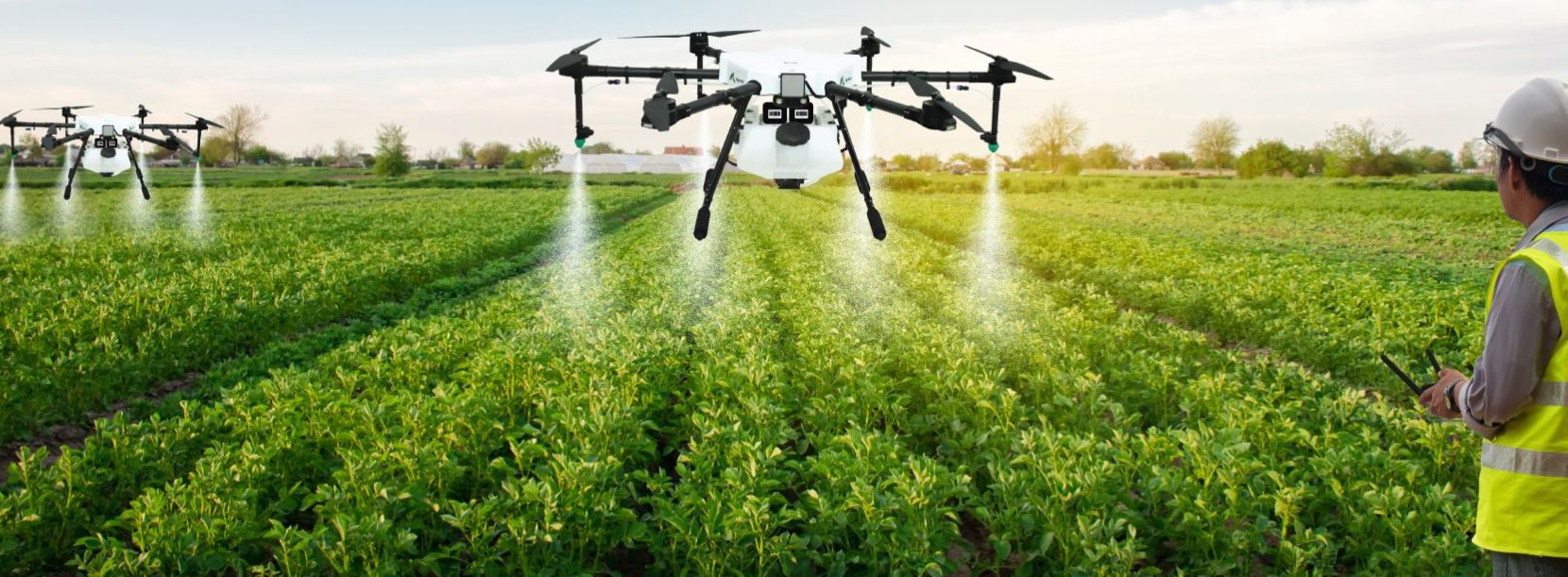News On 10
01
Revolutionizing Indian Farms

🚜 AI Tractors & Drone Sprayers: Revolutionizing Indian Farms
1. AI‑Powered Tractors & Spot Sprayers
- Startups like Niqo Robotics are fitting tractors with AI cameras and spot-spraying systems that can identify each plant and apply pesticides only where needed—cutting chemical use by up to 90% in states like Maharashtra and Andhra Pradesh.
- These AI-driven tractors help reduce input costs, enhance yield, and support sustainable farming practices.
2. Drone Spraying with Government Subsidies
- State governments (e.g. Bihar) provide 60% subsidies (up to ₹3.65 lakh) for purchasing drones and cover training (~₹35,000 per farmer), introducing 101 pilots to spread adoption across subdivisions.
- Additional incentive: 50% operational subsidies (~₹240 per acre) encourage usage for spraying fertilizer and pesticides.
- This supports both individual farmers and service providers (FPOs, SHGs) under schemes like “Drone Didi”, empowering rural women to earn and gain respect through drone operation.
3. Key Partnerships & Services
- Collaborations such as Coromandel–Mahindra Krish‑E enable drone-spraying fleets on pay-per-acre models, combining expertise in inputs and mechanization.
- Across states like Punjab, Maharashtra, and Bihar, these services merge digital tools with traditional methods to improve productivity and sustainability.
4. Supporting Ecosystem & Adoption Barriers
- AI in agriculture, including robotics and predictive analytics, is expected to grow at a CAGR of 23.1%, aiding crop and livestock management. However, adoption remains uneven due to high costs and limited digital know-how—many farmers still lack access to affordable technology and training .
- Government and private partnerships are critical to overcoming these hurdles through subsidies, training hubs, and pilot programs.
👨🌾 Why This Matters
- Reduced Costs & Improved Yields: Precision tech enables farmers to lower chemical use and enhance crop output.
- Empowerment & Inclusion: Initiatives like Drone Didi foster rural entrepreneurship and gender equity.
- Environmental Sustainability: Reduced wastage and targeted spraying align with eco-friendly agricultural goals.
- Scalability: With subsidies and mechanization schemes, small and marginal farmers can access cutting-edge tools.




